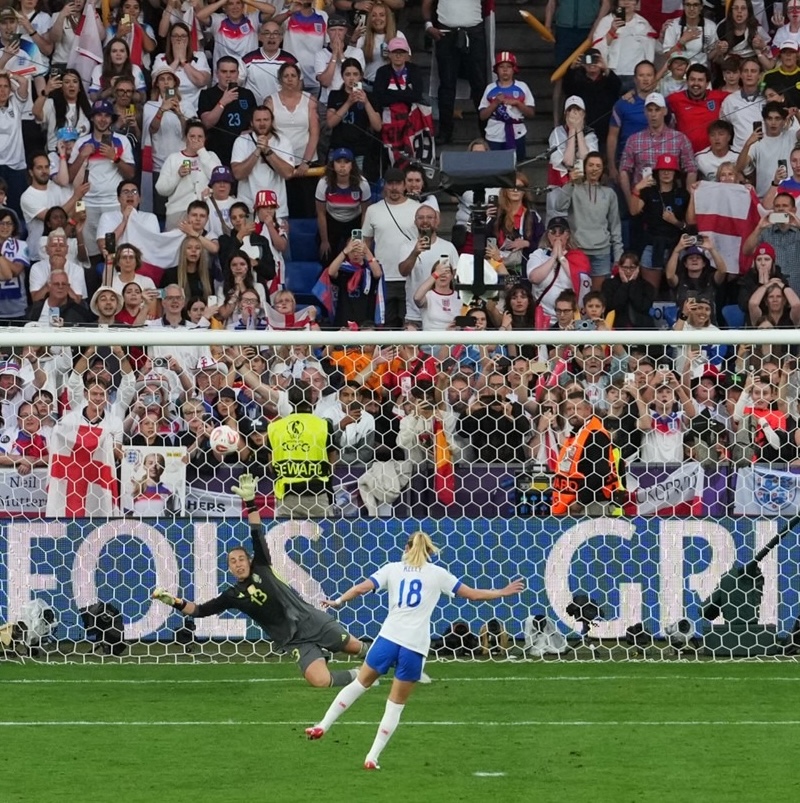The Lionesses’ lessons for British science
Financial Times, 1 Aug 2025
The Lionesses point the way for the professionalisation of science, which we’re now pioneering with support from Open Philanthropy.
Innovations are hard to imagine before the fact. Go back 15 years, and some of the Lionesses had day jobs, only playing football at the weekend. Now it’s taken for granted that they are paid to play full-time.
This is one of three things that Sir Hugh Robertson, the former chair of the British Olympic Association, has said are essential for world-class athletes: full-time dedication, expert training, and the inner game, also known as sports psychology.
What’s true in sport is equally true in science. Scientific discovery, like sport, pushes the boundaries of human achievement.
Yet science, which you might think would be taken more seriously than sport, is taken less seriously. To this day, the vast majority of scientists work at universities, where they spend most of their time on teaching and admin. It’s as if they just do discovery at the weekend.
At the London Institute for Mathematical Sciences, we’re taking Robertson at his word. Our scientists are full-timers, they have access to outstanding support staff, and they work with a performance coach on the intellectual equivalent of sports psychology. Thanks to a grant from Open Philanthropy, this week we’re launching a project to develop these innovations and measure their impact.
For decades, scientific discovery hasn’t been speeding up. It’s been slowing down. If our experiment works, we’re going to reverse that process — and build a team of scientists to rival Britain’s female footballers for panache and performance.















